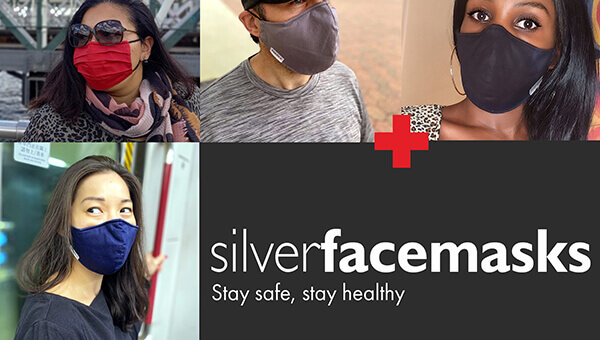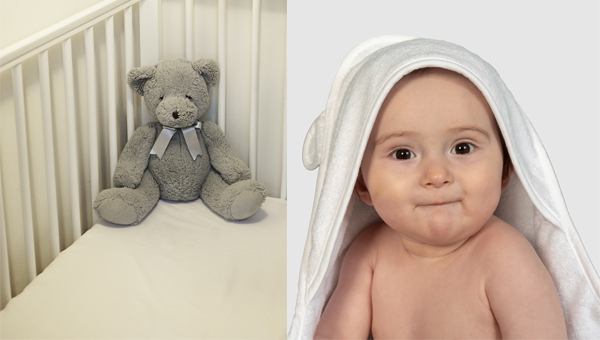


With the passing of what has been widely touted as ‘Freedom Day’ on 19th July in England, the mandatory requirement to wear a face covering in enclosed spaces has been lifted. This has sparked praise by some and criticism by others who believe this is a premature attempt to return to pre-pandemic norms.
Why has the face covering mandate been dropped in England?
What has been the rationale for dropping the use of face coverings? A combination of rising vaccination rates coupled with lower hospital admissions cases in line with the UK government’s roadmap out of lockdown has been the main driver. Although concerns about a third wave with the easing of lockdown restrictions remain, and everyone is waiting to see if infection rates and hospital admissions will rise again.
The importance of continuing to wear face coverings
While restrictions on having to wear face coverings have eased, the Prime Minister has stated he “expects and recommends” that people still wear a face covering in “crowded and enclosed” spaces. Face masks will still be required in healthcare environments and businesses and travel operators are able to set their own rules for their customers and passengers. Transport for London (TfL) has stipulated that face coverings must be worn for the full duration of journeys on the TfL network.[i]
The questions remains, will you choose to wear a face mask in public spaces, on transport and indoor environments? There are several arguments for continuing to wear face coverings in light of the Covid-19 pandemic.
- Wearing masks reduces transmission rates: Research suggests that face coverings worn over the nose and mouth reduce the spread of Human Coronavirus droplets from coughs, sneezes and speaking, as well as offering protection to the wearer. A study led by the Universities of Bristol, Oxford and Copenhagen found a significant reduction in transmission of the virus when face coverings were worn. Researchers used data from 92 regions across six continents, amounting to around 20 million people; the study found mask-wearing reduces Covid-19 transmission by around 25%.[ii]
As the restrictions lift, and more people return to mixing in public, mask-wearing would go some way in keeping transmission rates lower. This is particularly pertinent for indoor environments as evidence continues to suggest that transmission mainly happens indoors where people are close together.
- Not everyone has been vaccinated: Minimising virus transmission by wearing a face covering is important because many people are not fully vaccinated. Even if an individual has been vaccinated it will take two weeks after a second dose for the vaccine to reach a high effectiveness rate. Current vaccination statistics for the UK are that currently 70.8% of the population has received two doses[iii]; and this percentage falls to 46.9% when you look at the 35 to 39 age bracket.[iv] Though vaccines are incredibly effective, they still do not offer 100% protection. For some, the vaccine will offer limited protection and will therefore still be at risk. Other individuals, for various medical reasons, are unable to receive the vaccine.
While vaccines can prevent illness and the severity of symptoms, it is also still not clear if vaccines can prevent transmission. As a result, those who received their vaccine could still be asymptomatic spreaders. Masks can help reduce virus spread from contagious people with no symptoms.
- Vulnerable individuals are still vulnerable: With the mask mandate being removed, both immunosuppressed and vulnerable people have said they are more likely to stay inside and feel less able to use public transport and go to shops. With around 3.8 million clinically vulnerable people in England[v], charities such as Blood Cancer UK have openly tweeted "We urge the public to continue wearing face masks in public… because it's not freedom day for everyone."[vi]
- Medical experts continue to advocate wearing of face coverings: the British Medical Association (BMA), which represents doctors, has also continued championing the use of face masks and has said there should be an “ongoing requirement” to wear a mask in enclosed public spaces, such as on buses and trains, inside shops and in healthcare settings.
- Virus variants which appear to be more transmissible: With the emergent of new variants of Covid-19, which appear to be more easily transmissible, health organisations such as the World Health Organization (WHO) have advocated that fully vaccinated individuals should continue to wear face masks and practice other Covid-19 pandemic safety measures.
Wearing face masks – make an informed choice
Current guidelines regarding the use of face masks in England mean there is no longer a legal requirement to wear face coverings indoor environments or on public transport.[vii] However, individuals are advised to exercise caution in such environments and it will be up to the public to exercise their own personal responsibility in deciding whether to wear one. A recent survey by Ipsos Mori found almost three-quarters of Britons are likely to continue wearing face coverings in shops and a majority are also likely to wear them on planes (64%), in theatres and cinemas (60%), in their place of work (59%) and in pubs and restaurants (55%).[viii]
It is likely that the use of face coverings will continue for this pandemic, and is likely to become a common response to future outbreaks. While there are still many options of face coverings to choose from on the market, the added benefit of SilverGuard face coverings, both face masks and snoods, is that they offer self-sanitising antimicrobial protection. Our proprietary IONIC+™ silver layer have been clinically proven to inhibit bacterial and virus growth including SARS-CoV-2 (Covid-19). In addition, SilverGuard face masks are comprised of three layers, in line with WHO recommendations and have a filtration efficiency of over 90%.
With continuing concerns about new Covid variants and talk of a third wave correlating with rising infection rates, it is clear is that the Covid-19 pandemic isn’t over. We should continue to follow WHO to stay safe by taking simple precautions such as physical distancing, wearing a mask, keeping rooms well ventilated, avoiding crowds, cleaning your hands, and coughing into a bent elbow or tissue.[ix]
[i] Transport for London, https://tfl.gov.uk/campaign/face-coverings
[iii] GOV.uk Coronavirus in the UK, https://coronavirus.data.gov.uk/details/vaccinations, accessed 27th July 2021
[iv] GOV.uk Coronavirus in the UK, https://coronavirus.data.gov.uk/details/vaccinations?areaType=nation&areaName=England, accessed 27th July 2021
[vi] Blood Cancer UK Twitter, https://twitter.com/bloodcancer_uk
[vii] https://www.gov.uk/government/publications/face-coverings-when-to-wear-one-and-how-to-make-your-own/face-coverings-when-to-wear-one-and-how-to-make-your-own, accessed 22nd July 2021
[viii] Ipsos MORI, www.ipsos.com/ipsos-mori/en-uk/3-4-britons-believe-wearing-face-masks-public-very-important
[ix] WHO, www.who.int/emergencies/diseases/novel-coronavirus-2019/advice-for-public



